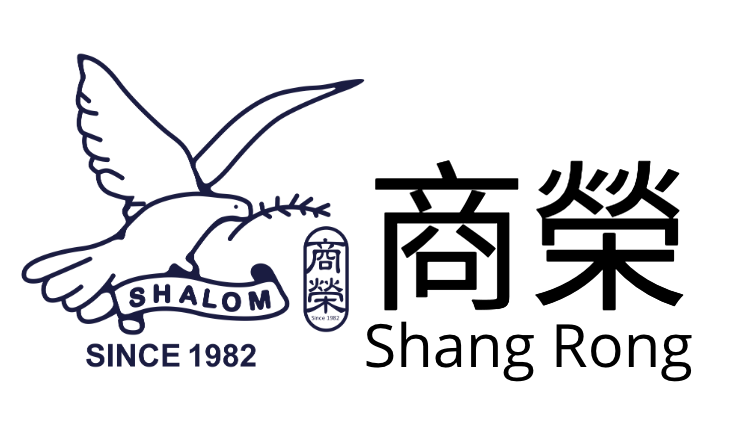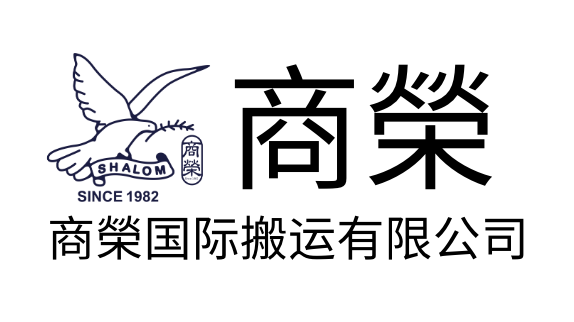What You Need to Know & Prepare for International Moving
Shalom Movers is a council members in Singapore Logistics Association, Singapore Aircargo Agent Association and Singapore Transport Association.
We are also members of the International Association of Movers, Amercian Moving and Storage Association, Singapore Business Federation, Singapore National Employer Federation, SG Enable & Waste Management & Recycling Association of Singapore.
With 37 years of experiences and helped in moving for more than 200,000 customers locally and globally. We are the expert in the moving sector that will offer you peace of mind and hassle-free experience.
Contact Us

